The Copyright Act was promulgated in 1988 as the Copyright Decree (No.
47) of that year. It repealed the Copyright Decree (No 61) of 1970. With the
revision of all existing federal legislation, the Decree was re-designated the
Copyright Act and contained in Cap. 68, Laws of the Federation of Nigeria,
1990. The Act was amended by the Copyright (Amendment) Decree (No. 98) of 1992
and further amended by the Copyright (Amendment) Decree (No. 42) of 1999. It
became part of the codification of Nigerian Law done in 2004 and is presently
referenced as Cap 28 Laws of the Federation of Nigeria, 2004.
How will you feel if you were Tuface Idibia, driving through
the Lagos traffic on a lovely and bright Saturday afternoon and to your sudden
dismay, you see this thief audio cd vendor hawking pirated copies of
your sweat and blood CDs to willing buyers in traffic, won’t that make
you want to break someone’s head and beat the shit out of him call the
attention of the police to such a vendor. Grooming a talent takes years of training
and commitment to an artist’s passions, dreams and aspirations, it’s a great
loss to have all that work going down the drain while some stupid children
pirates make illegal copies of your work and make undeserved profits from your
work, it’s a crime that’s killing our talent industry and must really be stopped.
Nigerian Copyright law in Section 1
of the Copyright Act, Cap 28, LFN 2004 states that the following shall be
eligible for copyright‐ literary works; musical works; artistic works; cinematograph
films; sound recordings; and broadcasts. However, a literary, musical or
artistic work shall not be eligible for copyright unless‐ (a) sufficient
effort has been expended on making the work to give it an original character; (b) the
work has been fixed in any definite medium of expression now known or later to
be developed, from which it can be perceived, reproduced or otherwise
communicated either directly or with the aid of any machine or device.
Copyrights are conferred on every
work eligible for copyright of which the author or, in the case of a work of
joint authorship, any of the authors is at the time when the work is made, a
qualified person, that is to say‐ (a) an individual who is a citizen of, or is
domiciled in Nigeria; or (b) a body corporate incorporated by or under the
laws of Nigeria.
INFRINGEMENT OF COPYRIGHT
Section 15 of the Copyright Act states that a Copyright is
infringed by any person who without the licence or authorization of the owner
of the copyright‐
(a)
does, or causes any other person to do an act, the doing
of which is controlled by copyright;
(b) imports or causes to be imported into Nigeria any copy of a work
which if it had been made in Nigeria
would be an infringing copy under this section of this Act;
(c) exhibits in public any article in respect of which copyright is
infringed under paragraph of this subsection;
(d) distributes by way of trade, offers for sale, hire or otherwise or
for any purpose prejudicial to the owner of the copyright, any article in
respect of which copyright is infringed under paragraph (a) of this subsection;
(e) makes or has in his possession, plates, master tapes, machines,
equipment or contrivances used for the purpose of making infringed copies of
the work;
(f) permits a place of public entertainment or of business to be used
for a performance in the public of the work, where the performance constitutes
an infringement of the copyright in the work, unless the person permitting the
place to be so used was not aware, and had no reasonable ground for suspecting
that the performance would be an infringement of the copyright;
(g) performs or causes to be performed for the purposes of trade or
business or as supporting facility to a
trade or business, any work in which copyright subsists.
Infringement of copyright shall be
actionable at the suit of the owner, assignee or an exclusive licensee of the
copyright, as the case may be, in the Federal High Court exercising
jurisdiction in the place where the infringement occurred; and in any action
for such an infringement, all such relief by way of damages, injunction, accounts
or otherwise shall be available to the plaintiff as is available in any
corresponding proceedings in respect of infringement of other proprietary
rights. This means the owner of licensee of a copyright can sue any person whom
infringes on the copyright and can claim damages or ask the court to stop the
act of infringements.
Criminal
liability
(1) Any person who‐
(a) makes or causes to be made for sale, hire, or for the purposes of
trade or business any
infringing
copy of a work in which copyright subsists; or
(b) imports or causes to be imported into Nigeria a copy of any work
which if it had been
made in
Nigeria would be an infringing copy, or
(c) makes, causes to be made, or has in his possession, any plate,
master tape, machine, equipment or contrivance for the purposes of making any
infringing copy of any such work; shall, unless he proves to the satisfaction
of the court that he did not know and had no reason to believe that any such
copy was an infringing copy of any such work, or that such plate, master tape,
machine, equipment or contrivance was not for the purpose of making infringing
copies of any such work, be guilty of an offence this Act and shall be liable on
conviction to a fine of an amount not exceeding NI,000 for every copy dealt
with in contravention of this section or to a term of imprisonment not
exceeding five years, or to both such fine and imprisonment.
(2) Any person who‐
(a) sells or lets for hire or for the purposes of trade or ‘business,
exposes or offers for sale or
hires any
infringing copy of any work in which copyright subsists; or
(b) distributes for the purposes of trade or business any infringing
copy of any such work; or
(c) has in his possession other than for his private or domestic use,
any infringing copy of
any such
work,
(d) has in his possession, sells, lets for hire or distribution for
the purposes of trade or business or exposes or offers for sale or hire any
copy of a work which if it had been made in Nigeria would be an infringing
copy, shall, unless he proves to the satisfaction of the court that he did not
know and had no reason to believe that any such copy was an infringing copy of
any such work, be guilty of an offence under this Act and shall be liable on conviction
to a fine of N100 for every copy dealt with in contravention of this section,
or to a term of imprisonment not exceeding two years or in the case of an
individual to both such fine and imprisonment.
(3) Any person who, without the consent of the owner, distributes, in
public for commercial purposes, copies of a work in which copyright subsists by
way of rental, lease, hire, loan or similar arrangement, shall be guilty of an
offence under this Act, and shall be liable upon conviction to a fine of N 100
for every copy dealt with or imprisonment for six months or to both such fine
and imprisonment.
(4) The court before which any
proceedings are taken for any offence under subsections (1), (2) and (3) of
this section, whether the alleged offender is convicted or not, may order all
copies of the works, plates, master tapes, machines, equipment and contrivances
in the possession of the alleged offender, which appear, to be infringing
copies, of the works, to be destroyed or delivered up to the owner of the
copyright or otherwise dealt with as the court may think fit.
(5) Where an article has been seized by a police officer or an
authorised officer in connection with a suspected offence under this Act, a
court may on the application of the Attorney‐General of the Federation or owner
of the copyright in connection with which such offence is suspected to have
been committed, order that the article be destroyed or delivered up to the
owner of the copyright or otherwise dealt with as the court may think fit,
notwithstanding that no person has been charged with the suspected offence.
Offence by
bodies corporate
(1) Where an offence under this Act has been committed by a body
corporate, the body corporate and every person who at the time the offence was
committed was in charge of, or was responsible to the body corporate for the
conduct of the business of the body corporate shall be deemed to be guilty of
such offence and shall be liable to be proceeded against and punished
accordingly: Provided that nothing contained in this subsection shall render
any person liable to any punishment, if he proves that the offence was
committed without his knowledge or that he exercised all due diligence to
prevent the commission of such offence.
(2) Notwithstanding anything contained in subsection (1) of this
section, where an offence under this Act has been committed by a body corporate
and it is proved that the offence was committed with the consent or connivance
of, any director, manager, secretary or other officer of the body corporate
such director, manager, secretary or other officer shall also be deemed to be
guilty of that offence and shall be liable to be proceeded against and punished
accordingly.
(3) For the purposes of this section‐ “body corporate”
includes a firm or other association of persons;
and “director” in relation to a firm includes a partner in the firm.
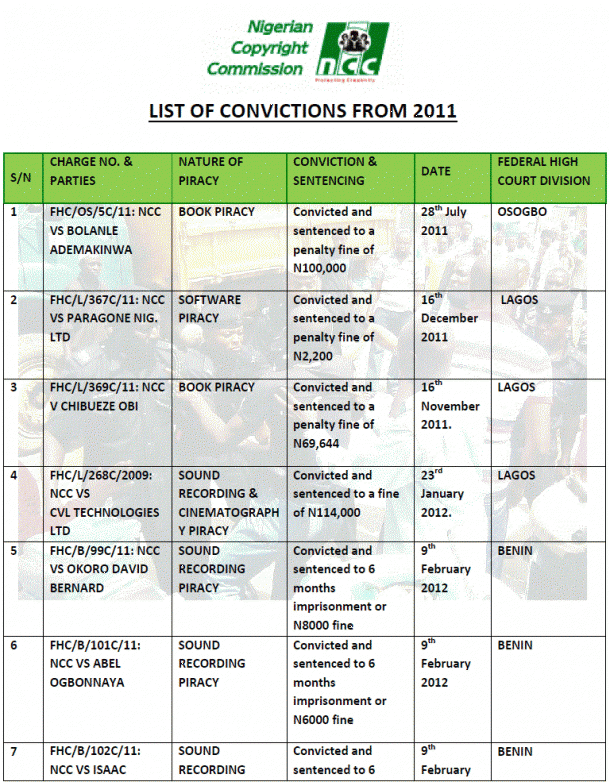 |
| Source: www.copyright.gov.ng |
|
Adedunmnade Onibokun
@adedunmade


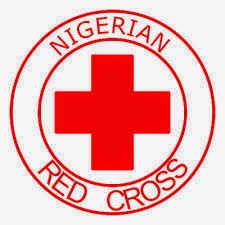


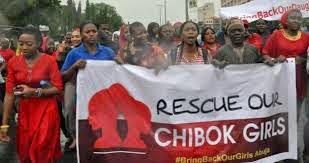
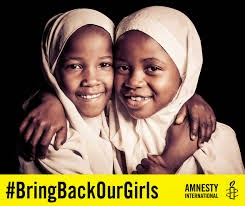

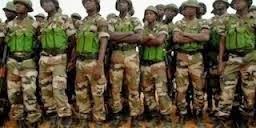
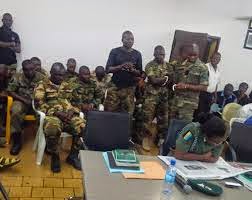


.jpg)
.jpg)
.jpg)







